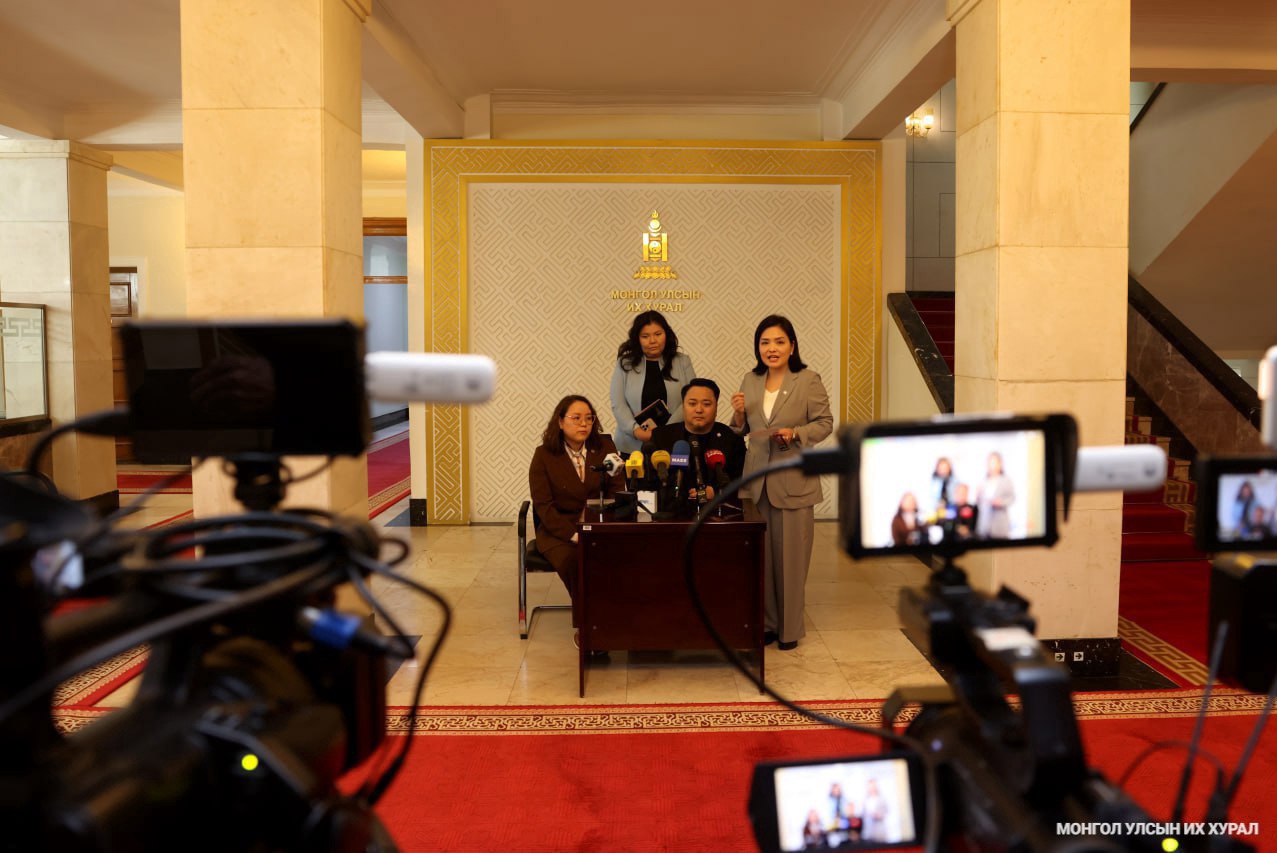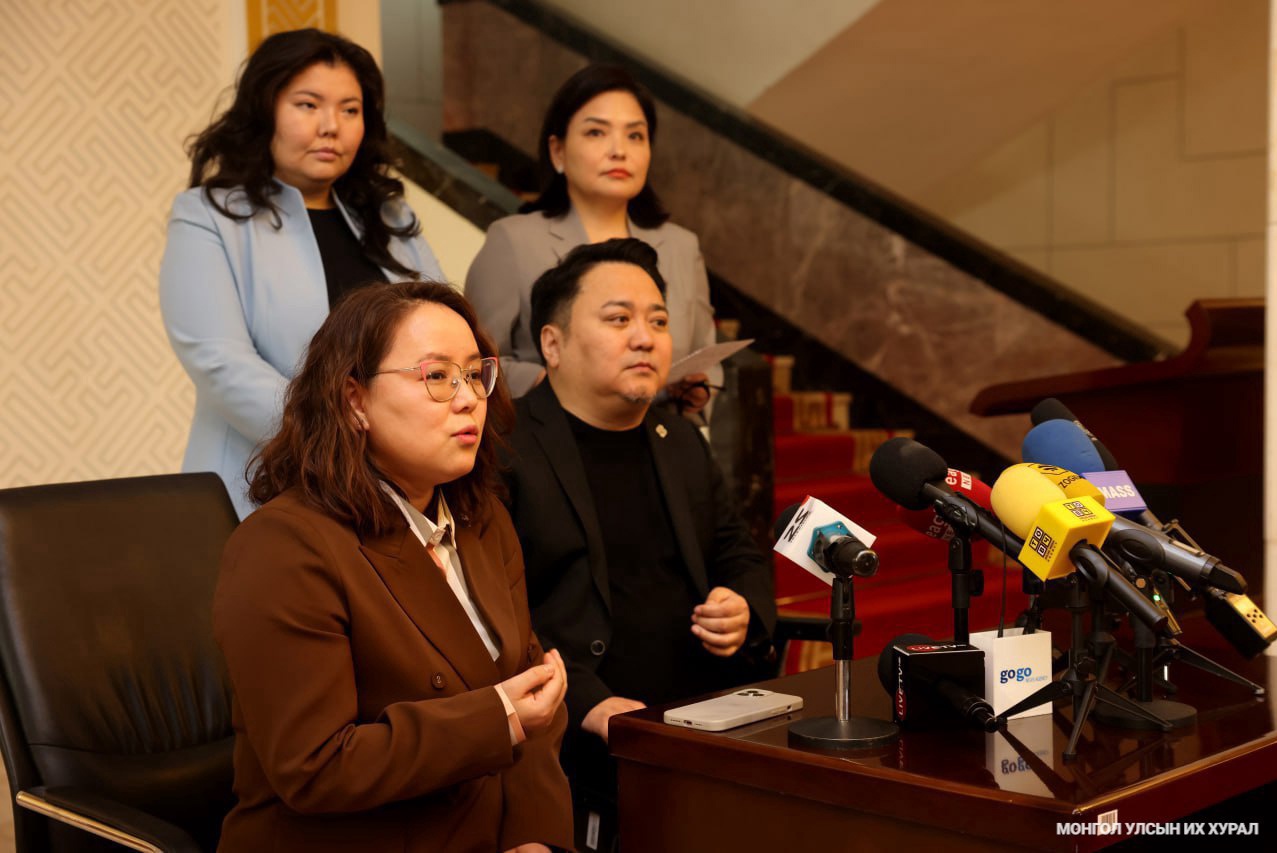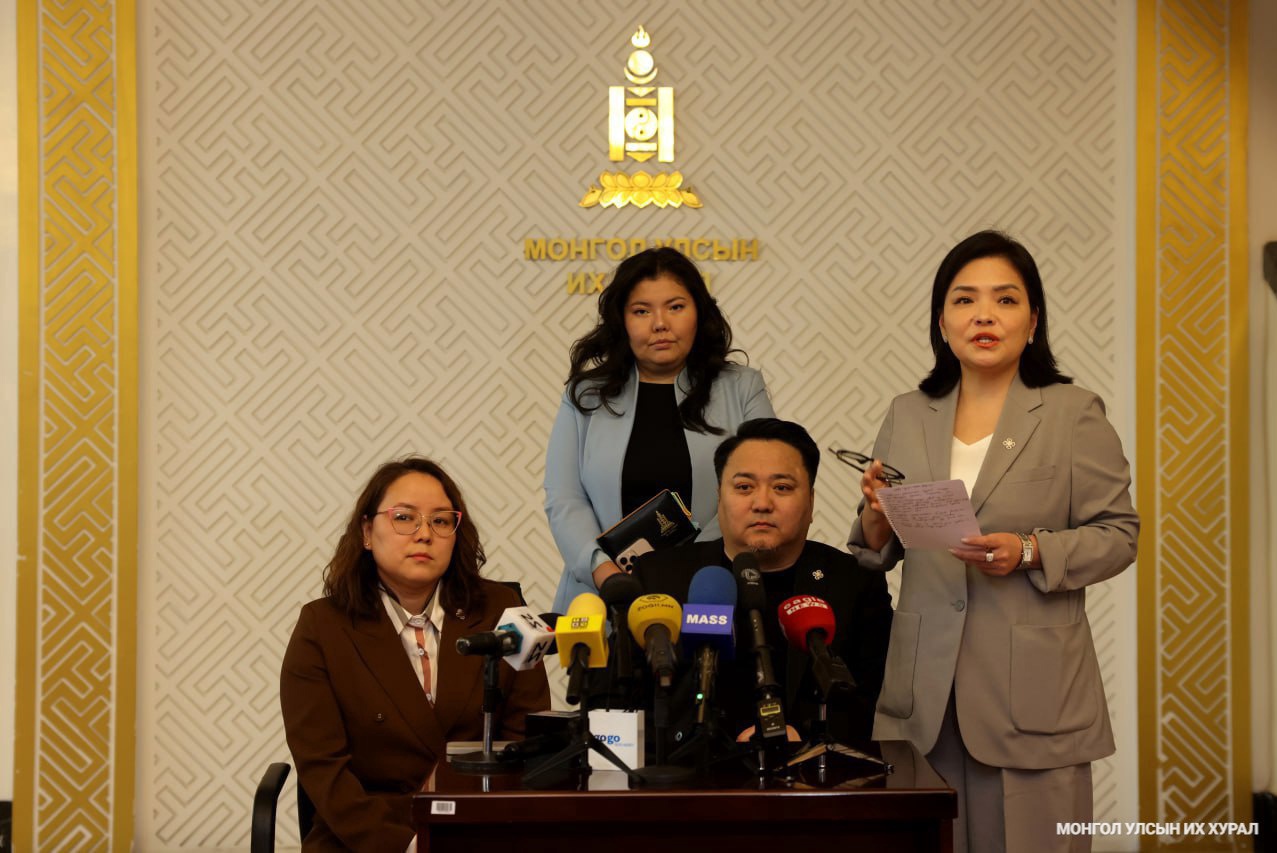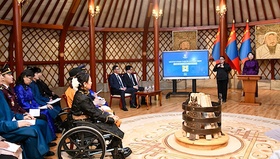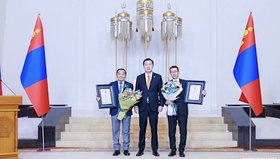A working group established by Order No. 100 of the Chairman of the State Great Hural (Parliament) to assess elderly care services, review relevant legislation, and evaluate regulatory needs conducted a study visit to Japan to examine its system for elderly and disability care and social protection policies.
The delegation was led by MP J. Bayasgalan and included MPs O. Saranchuluun, D. Enkhtuya, M. Narantuya-Nara, and S. Erdenebat. Upon their return, they held a press conference on February 24, 2025, to present their findings.
MP D. Enkhtuya highlighted the urgency of revising Mongolia’s laws on elderly and disability care, citing a study by the National Human Rights Commission, which found that 47% of senior citizens experience physical abuse, 65% suffer from psychological distress, and 30% are subjected to neglect. She emphasized the need for a robust legal framework ensuring state support for these vulnerable groups and stressed the importance of transparency and accountability by requiring MPs to report on official foreign visits.
MP O. Saranchuluun pointed out that currently one in ten Mongolians is a senior citizen, and projections indicate that by 2055, one in five will be elderly. She underscored the necessity of reforming the care system now, not only for the present elderly population but for future generations as well.
MP J. Bayasgalan announced that the first draft of a new law on elderly care and nursing services is being developed. Mongolia has 387,500 senior citizens and 111,200 people with disabilities, in addition to patients requiring long-term medical care and residents of care homes. He outlined Japan’s long-term care insurance system, where citizens begin paying for care insurance at age 40 and become eligible for benefits at 65. Under this system, individuals cover up to 30% of the costs, while the government finances the remaining 70%. He stressed the importance of adopting effective international models to provide citizens with dignity and security in old age.
MP M. Narantuya-Nara highlighted Japan’s seven-tier assessment system for determining care needs, which enables collaboration between the government and non-governmental organizations. She noted the Japanese system of incentivizing local governments based on their efforts to improve elderly participation in society and independent living. She expressed commitment to integrating best practices from Japan into Mongolia’s legal framework for elderly and disability care.
The working group’s findings will contribute to drafting a new law aimed at establishing a comprehensive, structured, and effective elderly care system in Mongolia.

 Eng
Eng  Монгол
Монгол